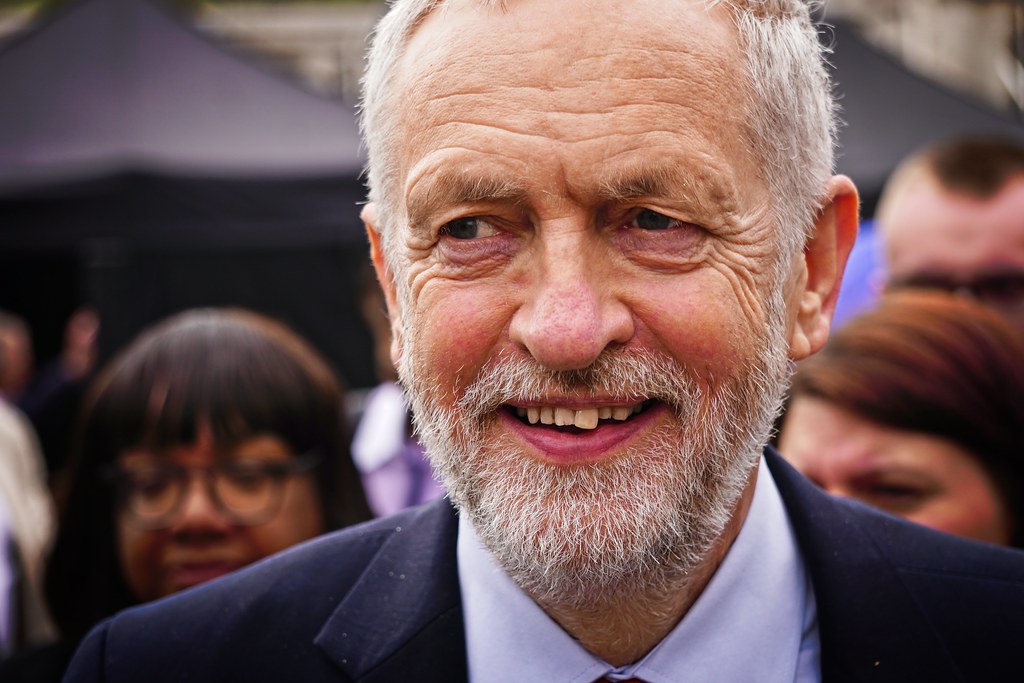Recent months have seen further calls for raising the minimum wage rate for teenagers to the same rate as adults. For instance, Labour has promised to include under 18s in its plans for a £10 an hour minimum wage. However, this debate is not a new one, with the Green Party proposing an equalised £10 minimum wage system five years ago.
Supporters argue that age should not be a defining feature in determining the minimum wages of workers. In the words of SNP MP David Linden, “How, therefore, can we be in this ludicrous position in which people under 25 are paid less simply for being a particular age?” To illustrate this point, the National Living Wage for those aged 25 and over is £8.21 an hour, whilst those under 18 can be paid £4.35 an hour.
On the other hand, there is another aspect of this debate that must be considered: employability. There are concerns that equalising the minimum wage rate for all ages could end up reducing youth employment rates, because employers may choose to hire more experienced, older workers over teenagers. Indeed, scrapping age differentials would generally reduce the incentive for employers to hire younger workers with less experience in the job market.
The potential risks of a large increase in the youth wage rate has been noted by the independent Low Pay Commission (LPC), which advises the government on the national minimum wage policy. Its 2015 report cited the 3 to 6 per cent fall in the employment rate of 16 to 17 year olds after New Zealand raised its under 18 minimum wage by 41%. The LPC generally tends to suggest smaller, consistent increases in the minimum wage. It has also been argued that for youths with few qualifications, greater difficulty in acquiring jobs can negatively impact their CVs and resultantly their long-term employability. To put this into perspective, raising the UK’s under 18 rate to equal the over 25 rate overnight would amount to an almost 90 per cent increase.
It is due to these potential unintended consequences that this issue has been a cause for debate. Whilst proponents of Labour’s position note the benefits of higher wages for younger people, there have been concerns raised over possible side-effects.
Arguments on both sides of this debate are by-and-large genuine in attempting to promote the interests of younger workers. Ultimately however, moves to change the status quo require an assessment of the costs and benefits. This debate will certainly persist in the coming years, but if politicians are serious about promoting the interests of young people, then potential impacts on teenage employability should not be disregarded.
Kaamil Kaba is a research intern at the Adam Smith Institute.

